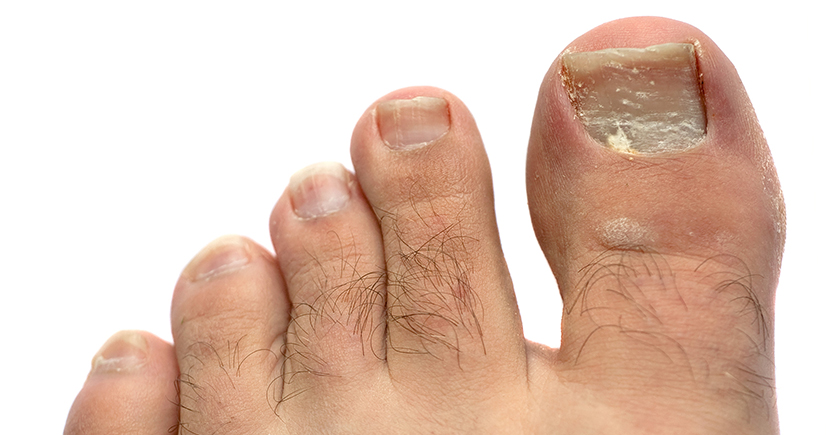Insomnia’s cure is limited to managing it properly. This is why various therapies are used in sleep clinics Damascus MD to manage insomnia. Cognitive behavioral therapy is also one of them. Here is everything you need to know about the connection between insomnia and cognitive behavioral therapy.
Cognitive Behavioral Therapy For Insomnia
Did you know that when you’re stressed, you’ll have a hard time falling asleep? Stress, depression, and sleep-related anxiety can make you restless during the night and it’s something that can trigger your insomnia too. This is why cognitive behavioral therapy is used to relieve the anxiety related to not being able to sleep.
When you have insomnia, you’re constantly worrying about falling asleep. It can turn into a vicious cycle and it’s something that you just can’t deal with on your own. Training the mind to be calm and de-stressed during stressful moments can be hard and this is why cognitive behavioral therapy is used to help you sleep better.
Cognitive behavioral therapy can be either in the form of talking to a doctor about your issues, addressing them head-on, or even psychotherapy. It is used to make managing insomnia easier, because even though it can be suppressed by medication, it’s not always safe and you need to understand that some options of managing insomnia are safer than others and the safer options can also be effective.
Techniques For Better Sleep
In cognitive behavioral therapy, there are many things that you can do to de-stress your brain and actually help your body manage the lack of sleep. Here are some of the techniques used in cognitive behavioral therapy.
Sleep Restriction
This is more like building a routine after you wake up and when you go ahead and fall back asleep. The intensity of sleep and the time when you sleep determines your sleep drive. You need to be able to keep the fact in mind that sleep drives will differ every single time. Don’t expect it to remain the same all the time.
Sometimes, you’ll want to sleep more, and other times, you won’t. That’s just how it works and there’s no need for you to get stressed over it. This is the main area in which cognitive behavioral therapy will work.
Stimulus Control
This technique is employed for people who always stay in their bed and they don’t ever get out of it to work. This can alter the stimulating effect a bed and place of rest has for you. Your bed needs to be a place for resting and if you want to work, then you should do so somewhere else.
If you can’t sleep then change the space. Go somewhere else, do some reading or anything else and create a system where you go to bed only when you want to sleep. You’ll see the difference how this simple thing can help.
Sleep Restructuring
The way cognitive behavioral therapy works is by changing your perspective about sleep. Sometimes, when people can’t fall asleep they think that it’s bad. Then, your brain goes into overdrive and it makes you feel stressed about being awake. The next thing you know, you’re not sleeping at all and everything goes downhill from this point. This is the perspective that needs to be changed.
Cognitive behavioral therapy will help to navigate your thinking about sleep better. So, if you’re awake, at least you won’t feel jittery and panicked.
Does Cognitive Behavioral Therapy Work?
Think of cognitive behavioral therapy as a way of training your brain by following the instructions of your sleep specialist Bethesda. It’s like muscle work. You need to put in time and effort to see the results you want. This is not something that happens overnight, nor do these studies claim that. It is just a technique that you can use to appease the anxiety in your mind and body when it comes to sleeping.
You want to relax yourself and this is the biggest battle of mind vs body because your mind controls what your body does, whether you want it to or not. This is why cognitive behavioral therapy has certain stages that people with different issues can benefit from.
Sometimes, at the end of the therapy, people will have pronounced changes in their mindsets and while that’s amazing, some people will not feel the same. That’s not to say that the treatment didn’t work because at the end of the day, insomnia is incurable and you can only manage it, but it just means that certain people need different and more intensive techniques to tackle the issue with sleep-related anxiety.
It has been found that controlling the way your brain comprehends insomnia is the name of the game when it comes to cognitive behavioral therapy. It is done to align your brain and sleep drive as best as humanly possible. Once you tackle the issue with your brain, you will be able to sleep better and you won’t think of insomnia as a dreadful disorder that doesn’t let you sleep.
Eliminating this notion is super important and that’s the main goal when it comes to employing cognitive behavioral therapy techniques for insomniacs. It is a technique you can try out with other things to promote sleep.
What To Expect In CBT-I?
This is something that a lot of people suffering from insomnia will be concerned with. What do you expect when you’re doing cognitive behavioral therapy for insomnia? Well, first of all, you will be doing this therapy for 12 weeks or so. Training the brain does take time and it’s up to you and how fast you can condition your brain to shift perspectives to sleep better at night without the whole anxiety attack.
The therapy starts with very basic things like keeping a sleep journal, tracking your sleep, tracking your mood when you have had a good night’s rest or not, and everything else in between. There can also be in-person sessions as well as online modules that you can benefit from. This is convenient for people who don’t have access to CBT for insomnia clinics near them. However, at one point or another, you will need to go in for in-person sessions to get the full experience. The sessions will last for about 60 minutes or so and then the progress will be checked.
Speaking of progress, things like sleep logs, charts, and even certain studies will show your improvement and other areas of your stress and anxiety related to sleep where it has to work.
Keep in mind that cognitive behavioral therapy is just one of the things that will help you get a better night’s rest. So, don’t expect that CBT alone will be able to help you because it won’t. You also need to make some necessary lifestyle changes to see the difference. That’s when you know you’ve beat your mind.
Conclusion
Cognitive behavioral therapy is no magic wand that will make your insomnia go away, but it will certainly help with better management. So, it’s worth a shot and you will see a difference. Curious? Consult your sleep doctor Frederick to know if this would be right treatment for you.









